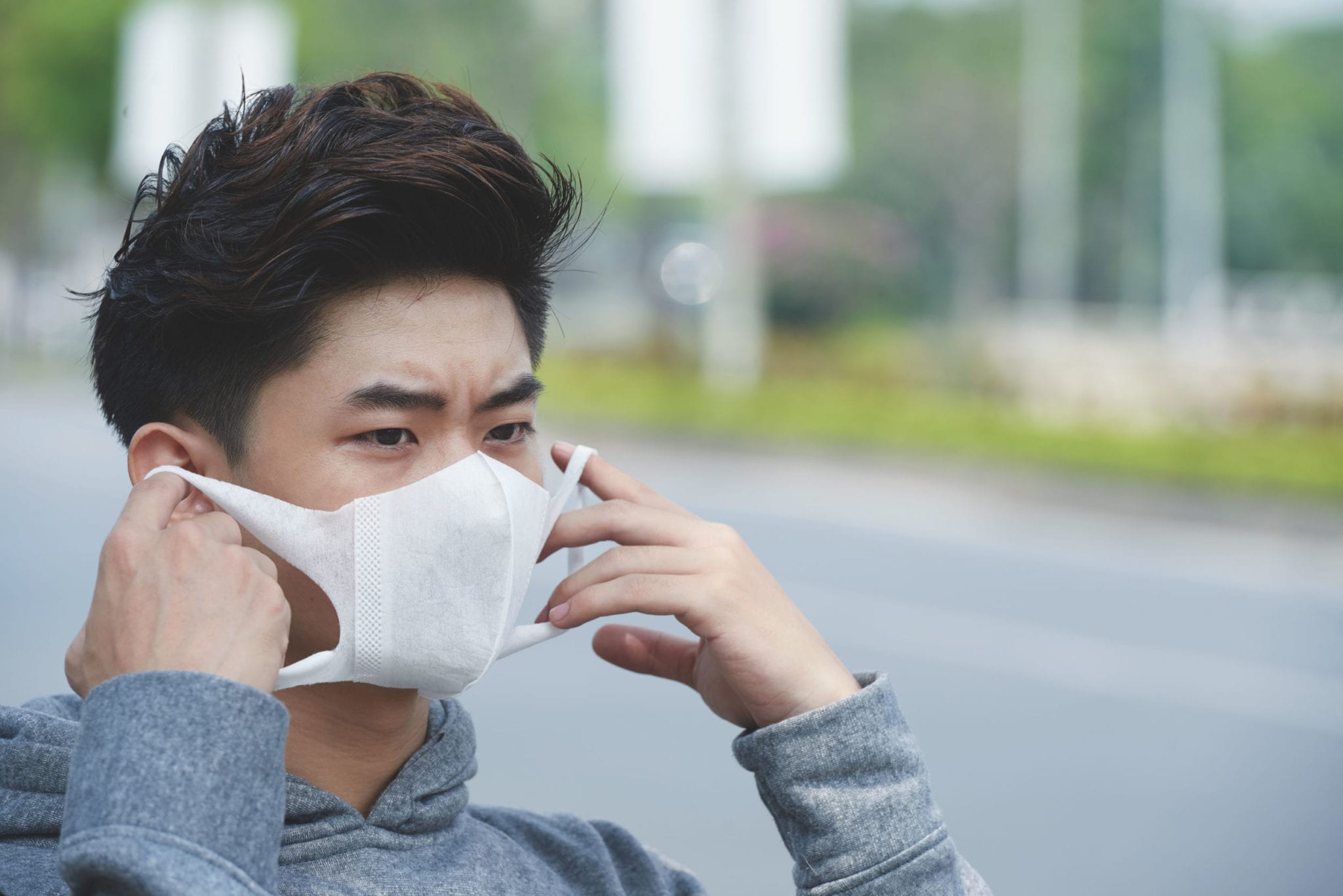Floridians Using Rideshare Apps Must Now Wear Masks
If you’re planning to take an Uber or other rideshare in Florida anytime soon, then you better make sure you have a face mask handy.
Due to the COVID-19 pandemic, the Tampa Bay Times reports that rideshares such as Uber are requiring drivers to wear masks when driving now. In fact, drivers must prove they’re wearing a mask before they can accept any rider through in-app technology.
Riders are also required to verify they’re wearing a mask in order to order a ride, and riders as well as drivers must agree to terms of service ensuring that they’re not experiencing symptoms of COVID-19, their hands are washed, and that the vehicle has been properly disinfected.
COVID-19 is new territory when it comes to personal injury claims. New rules regarding masks in Florida to take advantage of certain services also makes personal injury claims much trickier.
Here’s what you need to know about rideshare protocols, what must be proven to win a personal injury case, and how the comparative negligence laws work in Florida.
How Florida Law Defines a Personal Injury
When a person suffers an injury to their physical body rather than to property, then that counts as a personal injury in terms of the law. Personal injury cases can arise from various incidents, such as:
- Medical malpractice
- Construction accidents
- Injuries due to faulty products
- Car crashes
- Dog bites
- Slip and fall accidents
A personal injury lawsuit is meant to hold another person or entity accountable for personal injuries. In Florida, the law allows the person who is injured to sue the responsible party to cover their losses. If they are successful with their lawsuit, then damages for their injuries can be recovered.
The Elements of a Negligence Claim
If you want to win a personal injury lawsuit, then you first must show that the entity/person you’re suing was actually negligent. To do this, you must prove these elements:
Duty Owed to the Claimant
The entity/person you’re bringing the lawsuit against must have owed you something called legal duty of care. That is the obligation imposed on them to adhere to a standard of reasonable care as they’re performing acts that could injure others. That must be established before any suit can move forward.
Breach of Duty Owed
If it is established that you were owed the duty of care, then it next must be shown that the offender violated that duty of care in some way. Often it comes in the form of evidence that contradicts a contract or other proof of duty owed.
Direct Causation of Personal Injury
Next, the breach of duty must be proven to have directly caused your injury. This is often one of the largest hurdles in a personal injury case to prove.
Actual Damages Suffered from the Injury
Damages describe the actual costs that result from your personal injury. There are a number of different types of recoverable damages, but the ones we think of most often are economic damages like medical bills and loss of income, non-economic damages like pain and suffering, and punitive damages which are meant to directly punish a negligent party.
Florida’s Negligence Law
In Florida, there’s a legal standard that personal injury claims operate under called comparative negligence. It assesses the amount of negligence not only by the person or entity responsible for your injury but also what amount you also can be negligent.
Based on the elements of the personal injury claim being met, it will be assessed how much you may be responsible for your injury. If it is deemed you were, as an example, 20 percent negligent, then the defendant would only be found 80 percent negligible and the damages would reflect that.
If you use a rideshare service in Florida, you must wear a mask. You don’t want to risk getting sick or making someone else sick, especially with COVID-19 on the loose.
About the Author:
Andrew Winston is a partner at the personal injury law firm of Winston Law. For over 20 years, he has successfully represented countless people in all kinds of personal injury cases, with a particular focus on child injury, legal malpractice, and premises liability. He has been recognized for excellence in the representation of injured clients by admission to the Million Dollar Advocates Forum and named one of America’s Top 100 High-Stakes Litigators. Mr. Winston is AV Preeminent Rated by the Martindale-Hubbell Law Directory, enjoys a 10.0 rating by AVVO as a Top Personal Injury Attorney, has been selected as a Florida “SuperLawyer” from 2011-2020 – an honor reserved for the top 5% of lawyers in the state – was voted to Florida Trend’s ”Legal Elite,” recognized by Expertise as one of the 20 Best Fort Lauderdale personal injury attorneys, named one of the Top 100 Lawyers in the Miami area for 2015-2017, and one of the Top 100 Lawyers in Florida for 2015-2017 and 2019.
 What Florida STR Owners Can Legally Do Under Moratorium
What Florida STR Owners Can Legally Do Under Moratorium 

















